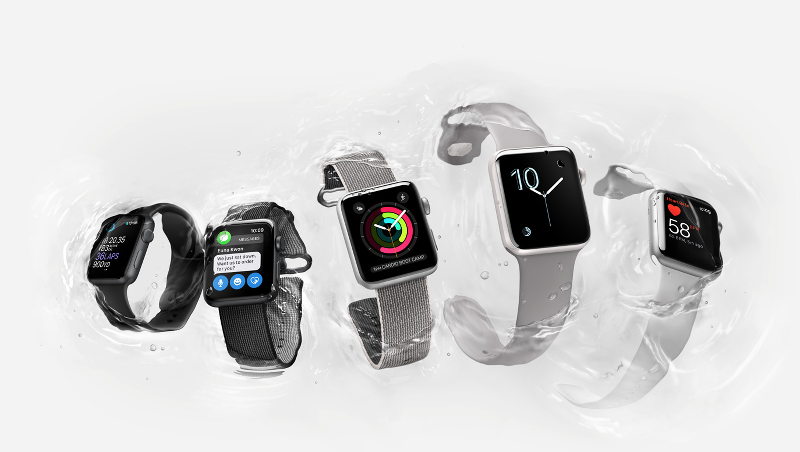Is that a computer on your wrist, or are you just pleased to see me?
Wearable computing generated a buzz at this year's Consumer Electronics Show. Business use might not be far behind.

If consumers are going to use wearable devices to use online services, then it makes sense for businesses to find ways to integrate them with their existing channels.
It is hard to envisage consumers today buying, say, a smart watch that could not connect to Twitter or Facebook. One of the problems with MSN Direct's service was it used one-way radio to receive data. The watches couldn't send any information back to the internet.
And, if consumers are going to use wearable devices to use online services, then it makes sense for businesses to find ways to integrate them with their existing channels. Working with wearables will mean thinking about much simpler interfaces, and making much more use of speech recognition and synthesis technology, to take just two examples.
But perhaps more interesting still is the potential for wearables as business technology. In a new report, The Enterprise Wearables Journey, Forrester analyst JP Gownder argues that wearable technology has the potential to solve both physical and virtual world technologies for businesses.
This, he argues, goes far beyond smart watches, or even Google Glass. Companies are already developing garments and tools that incorporate sensors, GPS, haptic feedback and low-energy displays.
Some of the most immediate uses for this technology is in healthcare, but it has other uses too: communications and security, but also areas such as engineering, product design and testing and, in fact, anything that needs to combine sensors, data recording or display, and extreme portability.
As Gownder suggests, some wearable technology will integrate better with the enterprise's back-end IT systems than existing consumer devices, removing some of the problems caused by BYOD.
Wearables may still be a few years away from being a mainstream technology. But it is certainly not too early to look at how to integrate them into the enterprise.
Sign up today and you will receive a free copy of our Future Focus 2025 report - the leading guidance on AI, cybersecurity and other IT challenges as per 700+ senior executives
Stephen Pritchard is a contributing editor at IT Pro.
-
 I couldn’t escape the iPhone 17 Pro this year – and it’s about time we redefined business phones
I couldn’t escape the iPhone 17 Pro this year – and it’s about time we redefined business phonesOpinion ITPro is back on smartphone reviews, as they grow more and more intertwined with our work-life balance
-
 The gig economy: Past, present, and future
The gig economy: Past, present, and futureFeature The rise of the gig economy represents a new era of flexible working despite being plagued with controversies
-
 Wearables: First Windows 10 smartwatch is on its way, and it means business
Wearables: First Windows 10 smartwatch is on its way, and it means businessNews Specs are hard to come by, but we know it will be built on Microsoft's Windows 10 IoT OS
-
 The best wearable devices for business
The best wearable devices for businessBest The best lightweight devices to help you stay productive during a busy workday
-
 Apple Watch Series 2 review: First look
Apple Watch Series 2 review: First lookFirst look If you waited for the second generation, you haven't wasted your time
-
 Apple watchOS 3 release date and features: watchOS 3 update available on 13 September
Apple watchOS 3 release date and features: watchOS 3 update available on 13 SeptemberRumours watchOS 3 can be downloaded from Tuesday next week
-
 Apple Watch release date, price, features, availability and delivery date: Special edition Apple Watch bands arrive for the Olympics
Apple Watch release date, price, features, availability and delivery date: Special edition Apple Watch bands arrive for the OlympicsRumours But will only be available in Brazil
-
 Fitbit patents ruled invalid in Jawbone lawsuit
Fitbit patents ruled invalid in Jawbone lawsuitNews ITC judge recommends case be thrown out
-
 Fitbit steps up its game with mobile payments acquisition
Fitbit steps up its game with mobile payments acquisitionNews NFC payment technology could be coming to future Fitbit wearables
-
 Wearables success comparable to tablets, YouGov says
Wearables success comparable to tablets, YouGov saysNews The organisation revealed six per cent of the population have at least one wearable